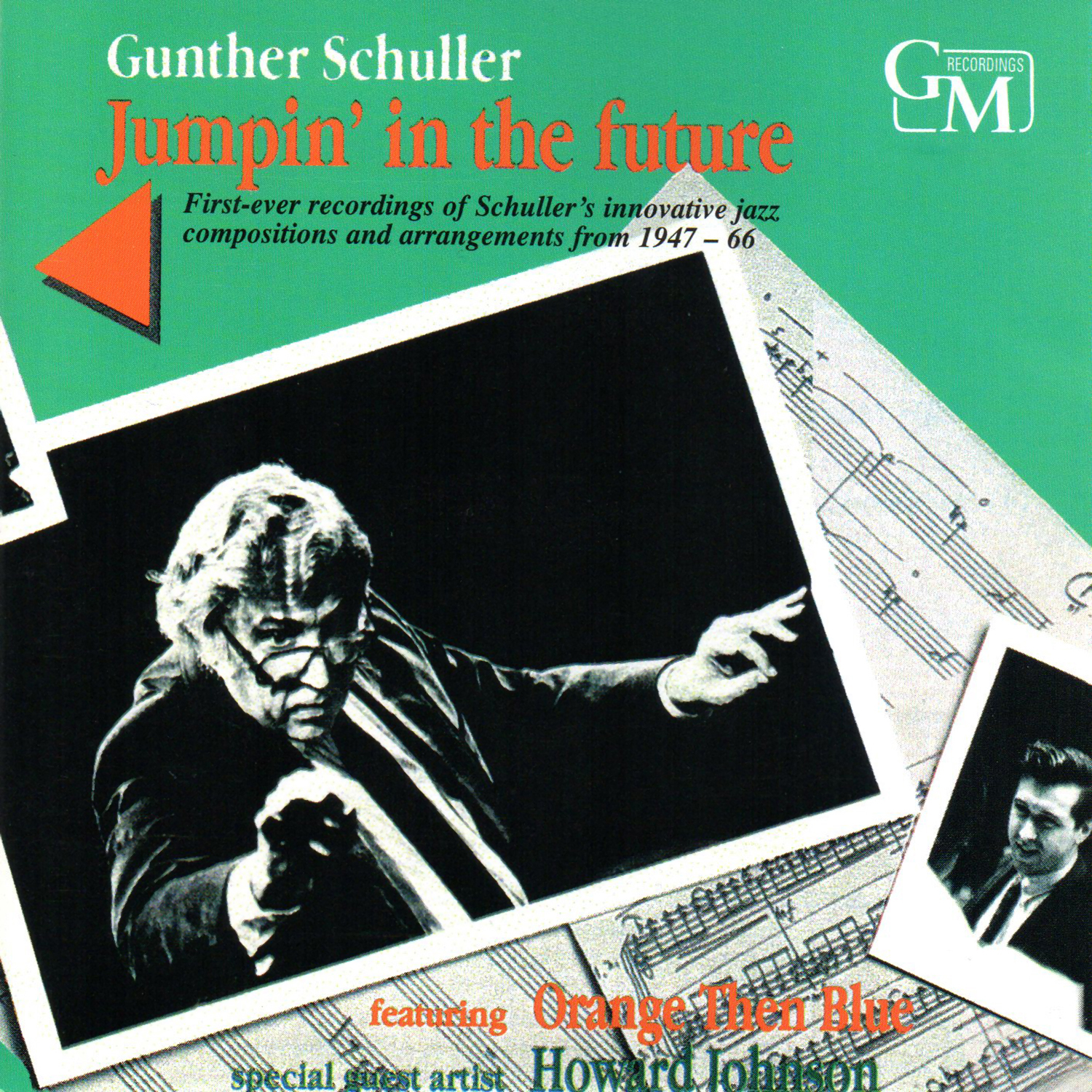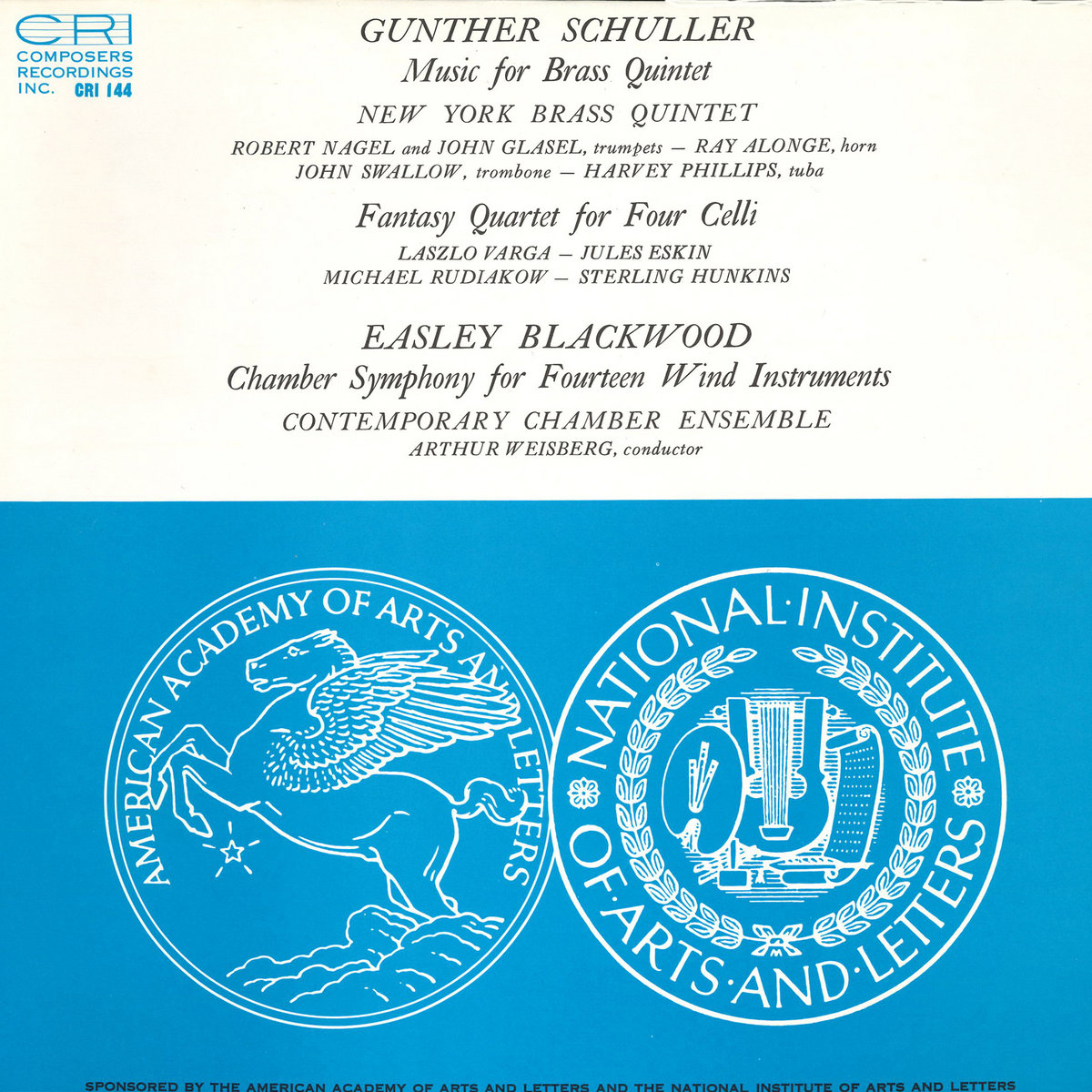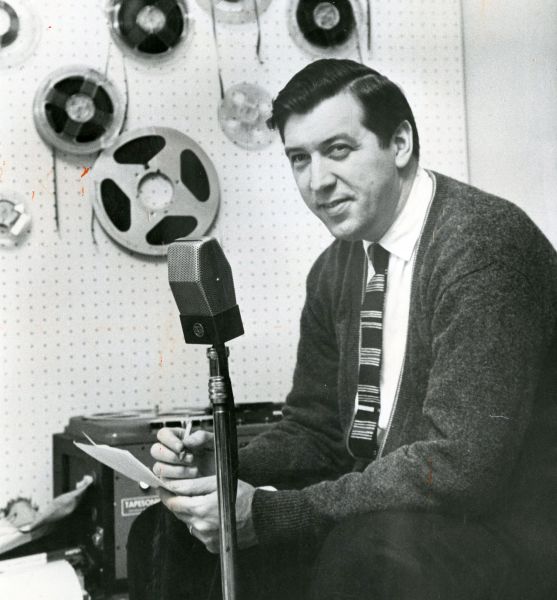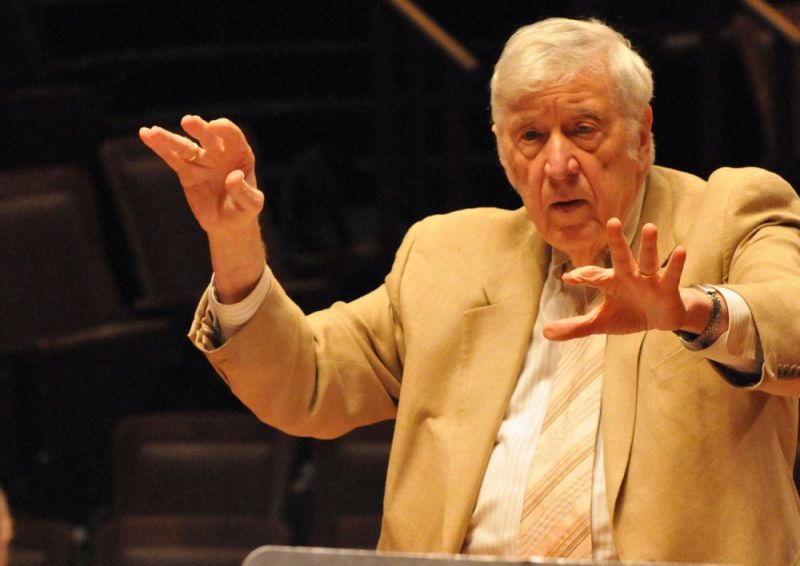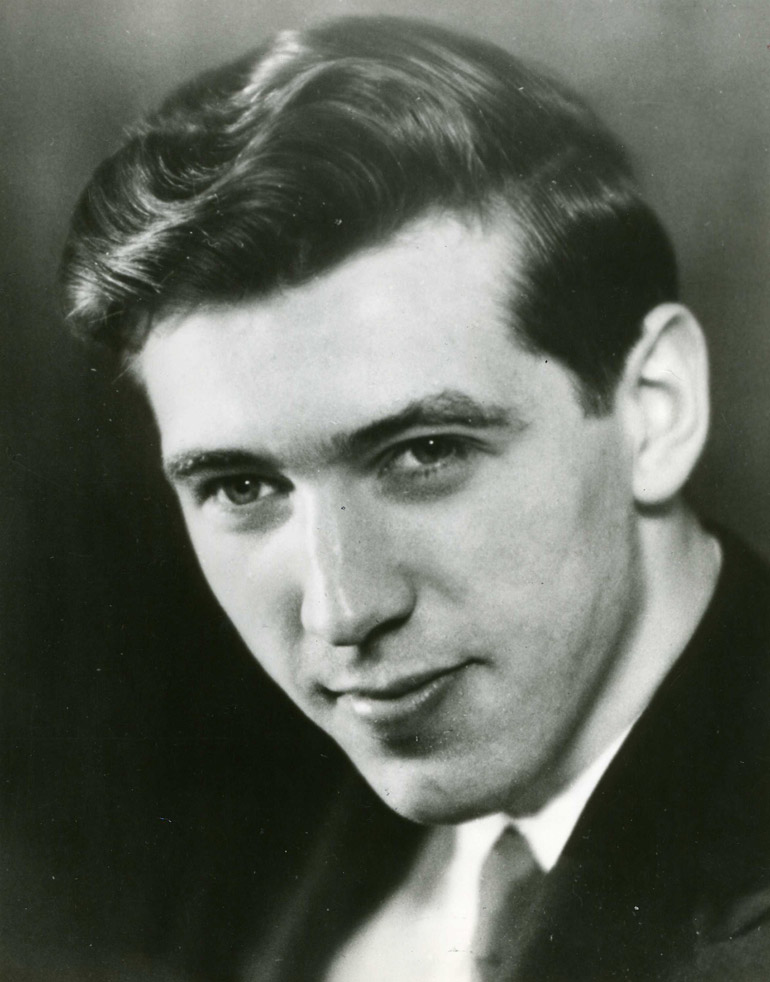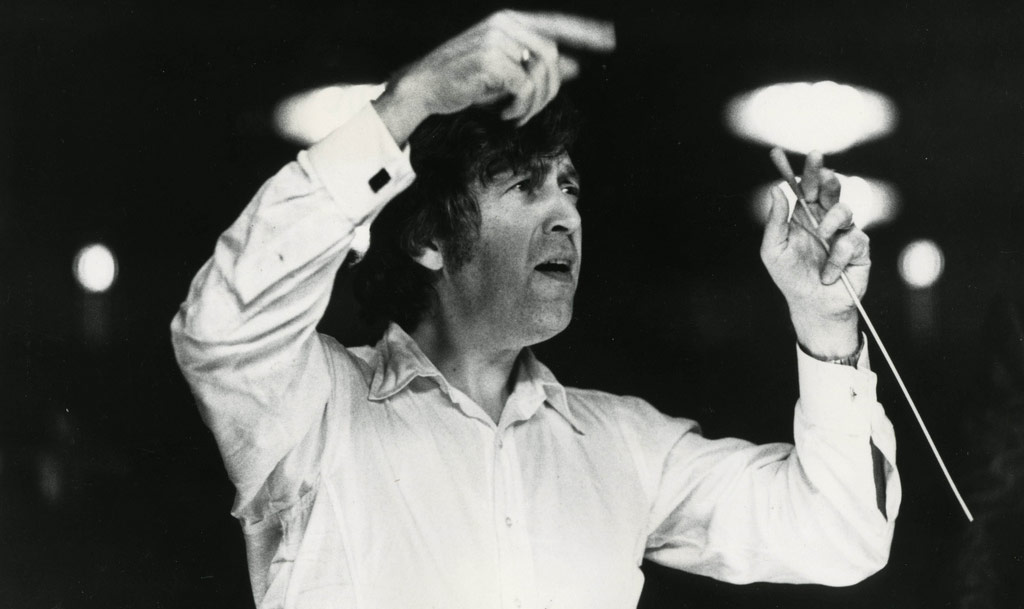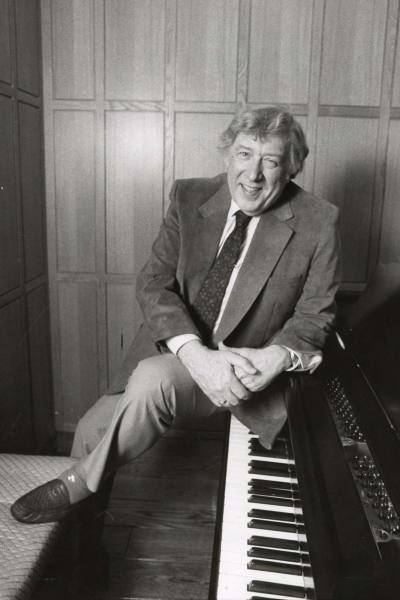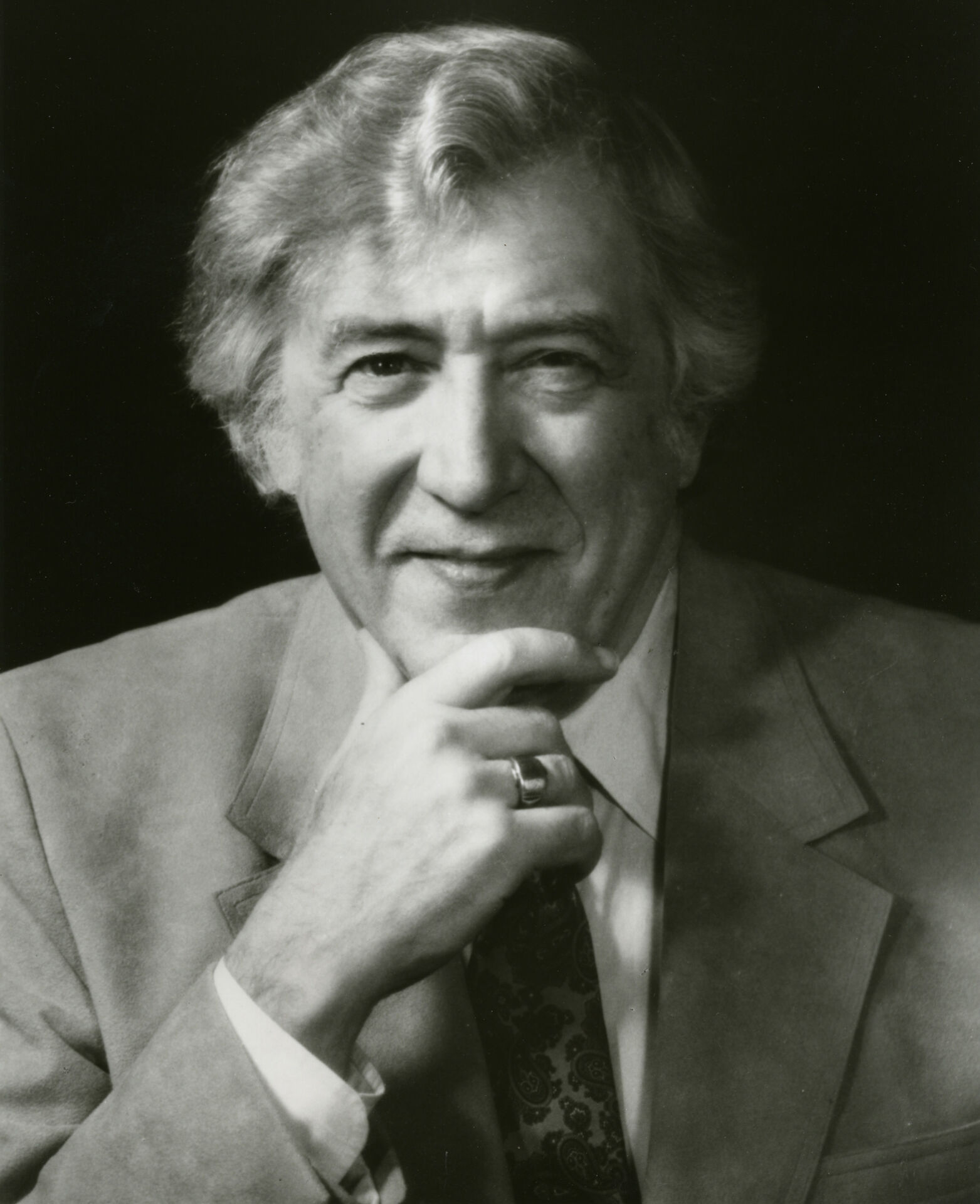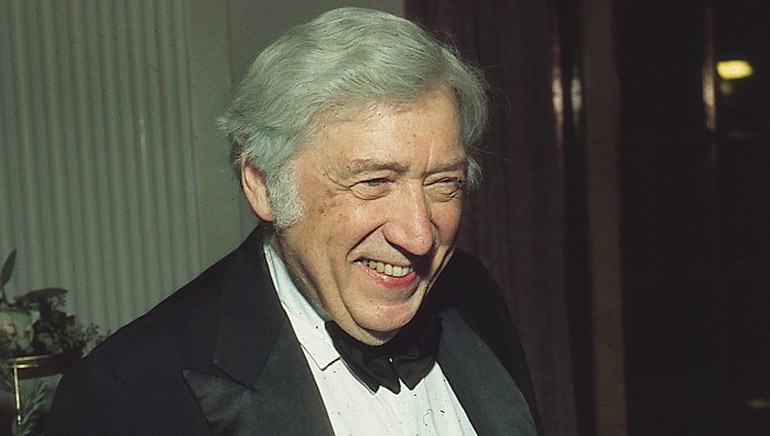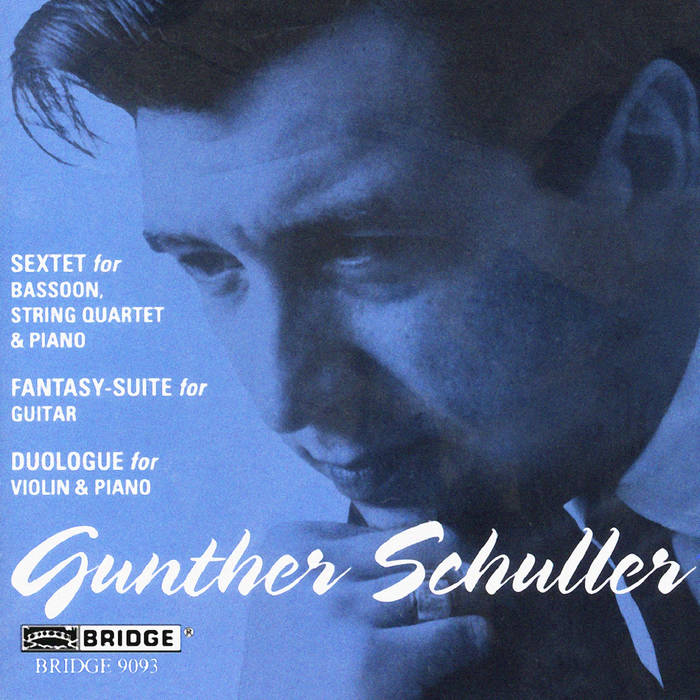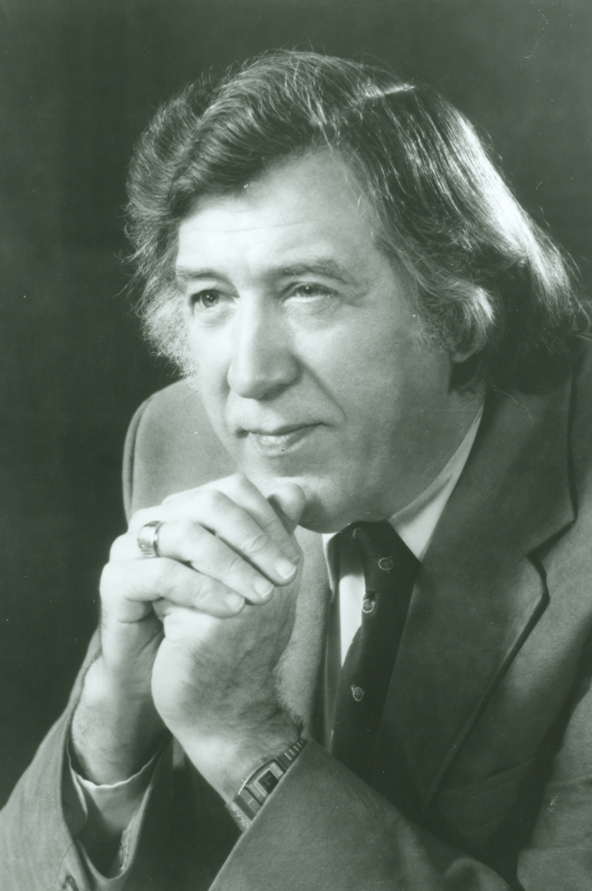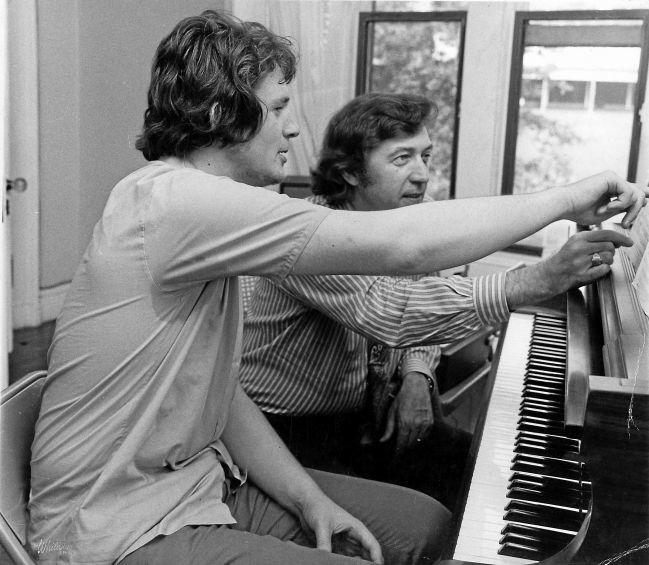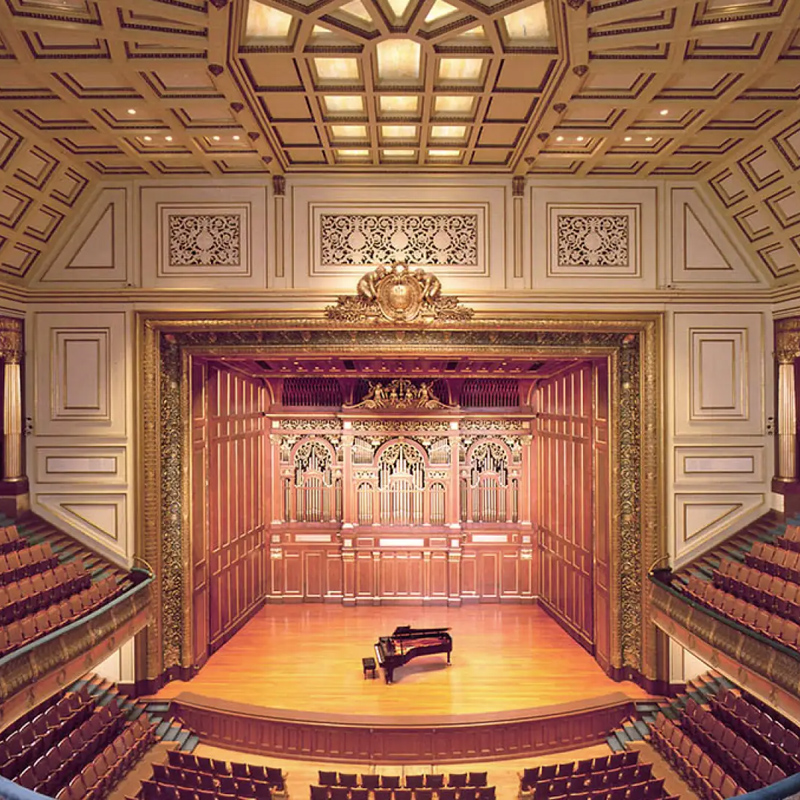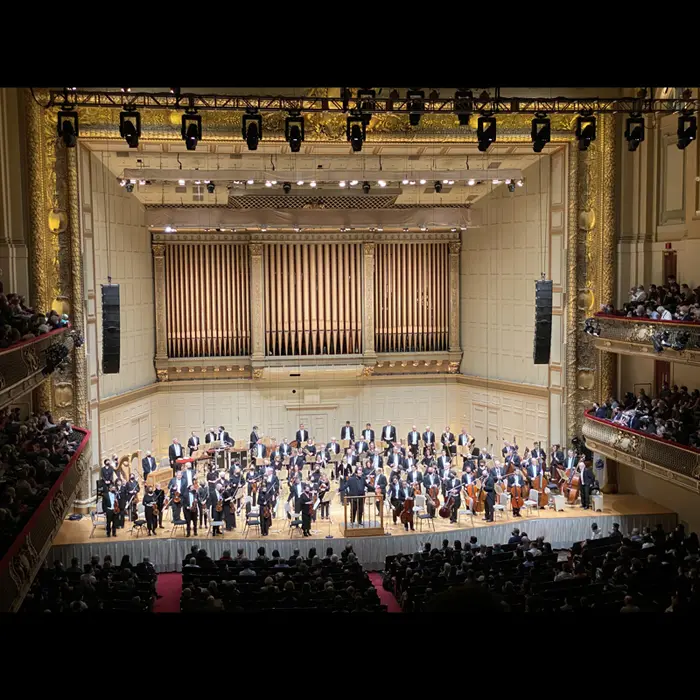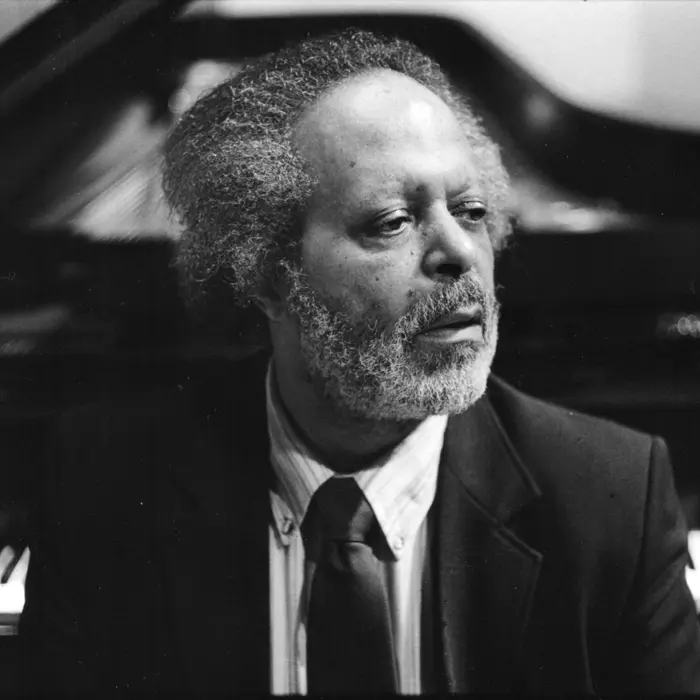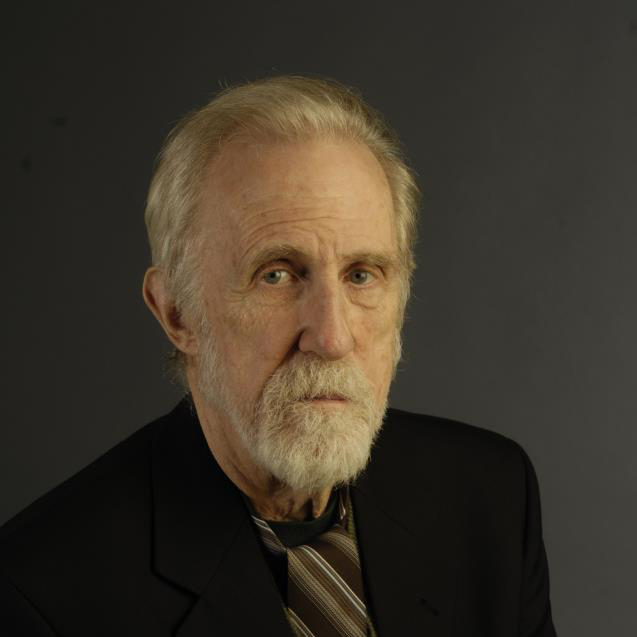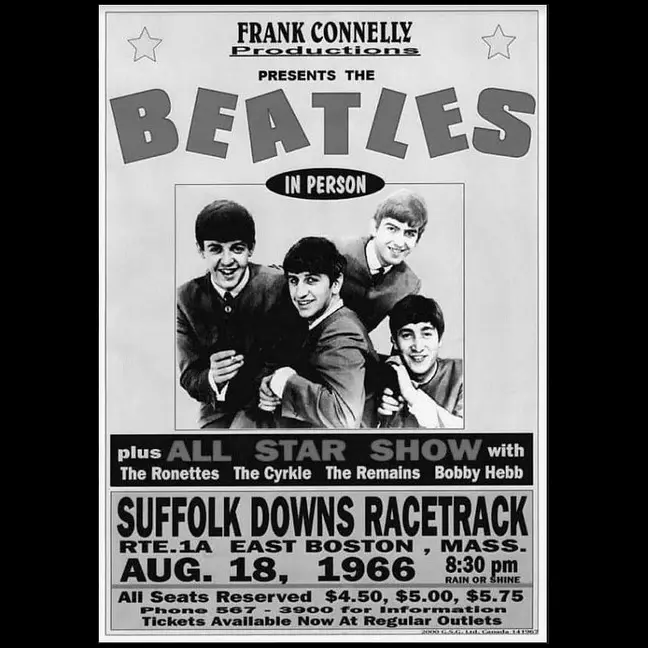Gunther Schuller
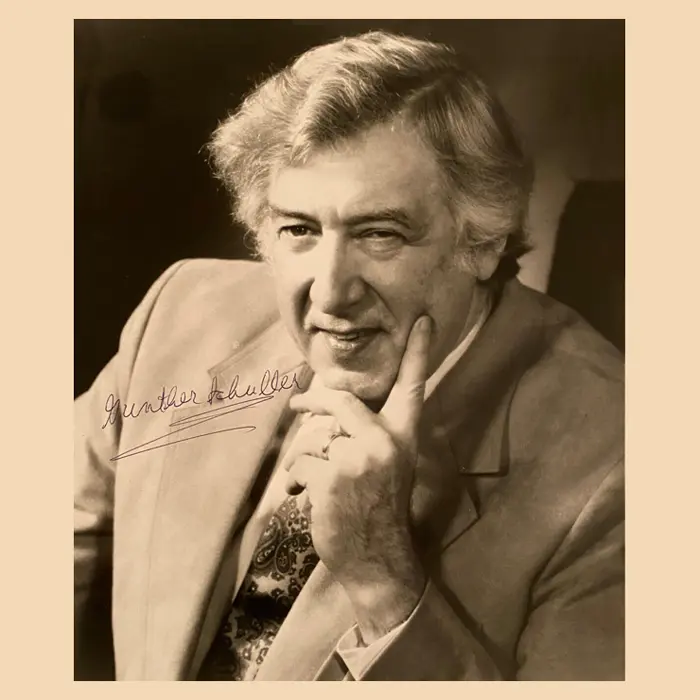
It comes as no surprise that there’s so little written documentation about Gunther Schuller (at least at THIS point in modern times), especially here in the US, and especially regarding someone who has many associations with the world of ‘jazz’. No one knew better than Schuller himself how the general public and the mass media ignore significant developments and key innovators in such spaces. Schuller will forever be regarded as an educator, a historian, an author, a conductor, president of a venerable music institution. Some few others will know him too for music contributions as a composer (for symphony, opera, chamber, 12-tone, quartet, concerti), a philosopher, a theoretician, an analyst, an arranger, an ‘artistic director’, a one-time superior player of the brass ‘French’ horn, even a record collector…
Most folks might seem to be impressed with titles and awards labels, with names like National Endowment for the Arts, Pulitzer Prize, MacArthur Foundation, Kennedy Center, Grammy, BMI Foundation, MacDowell Medal, Jazz Masters Award… but of course, these same folks probably have little clue what any of these honors really mean. Schuller received every one of these, and more, during a remarkable lifetime, most of it based in Newton MA, from which he operated the independent GM record label, and the GunMar and MarGun music publishing groups; and he might well have felt ‘honored’ by some of these. (Others were simply represented as just more clutter on a dusty bookshelf in a back room at home.) Even fewer of these folks have ever read any of Schuller’s own written documentaries (his might very well stand as the foremost historical treatments of jazz), were ever aware of any of his impressive achievements, or even noticed when he died back in 2015.
People who regard themselves as enthusiasts of modern music (‘jazz’ in particular) at least should know Schuller’s name in relation to a number of other seminal artists and concerns in ‘Western’ music history – consider: Mingus, Joplin, Ellington, Dolphy, Ornette, Miles, Dizzy, the New England Conservatory, ‘Third Stream’ (now accepted as a tenet of jazz history, Schuller invented the term), the Modern Jazz Quartet, the Smithsonian Jazz Masterworks, the Boston Symphony Orchestra, the New York Philharmonic, the Boston Pro Arte Chamber Orchestra, the Metropolitan Opera, the American Ballet Theatre, the Berlin Philharmonic, Tanglewood, the Lenox School of Jazz & Berkshire Music Barn, maybe J.J. Johnson, John Lewis, Jim Hall, George Russell, Jaki Byard, Ran Blake, Joe Lovano (ok, those might not be ‘household names’)…but Bach (hey, lotsa people know the name ‘Bach’)…And didja know that one of Leonard Bernstein’s ‘Young People’s Concerts’ (#27, in fact) on CBS-tv was a N.Y. Philharmonic performance of a Schuller composition called “Journey into Jazz”, with Bernstein reading narration written by Nat Hentoff, at Lincoln Center, conducted by Schuller himself in 1964 during the same week The Beatles were in town for the first time? At the time, his father was a violinist in that orchestra, and this event also included Eric Dolphy and Benny Golson, not to mention someone named Aaron Copland. Now, add the fact that, 25 years later, in this same building, Schuller conducted the world premiere of the massive orchestral work by Charles Mingus, 10 years after he had died, which came to be known as his “Epitaph” (Mingus’ written fragments assembled into one complete score for the first time by Schuller), in a production created by his widow, Sue Mingus, broadcast on television in the UK (…not too surprising that no US tv networks would’ve shown much interest).
It’s very likely that much of the music world would not be familiar with the name Scott Joplin, without Schuller’s founding of the New England Conservatory Ragtime Ensemble, and the recording of its Grammy-awarded ‘Red Back Book’ in 1974.
The Conservatory’s ‘Third Stream’ department (established by Schuller back in the 1960s) exists today as the department of ‘Contemporary Improvisation’. Note that the 2015 MacDowell Medal honor to Schuller included this statement: “It was easy for the selection committee to choose Gunther. He’s a composers’ composer with laser-sharp ears, a sensitive, fertile, creative mind, endless energy, and a generous, humane soul.”
(By Stuart Troutman)

